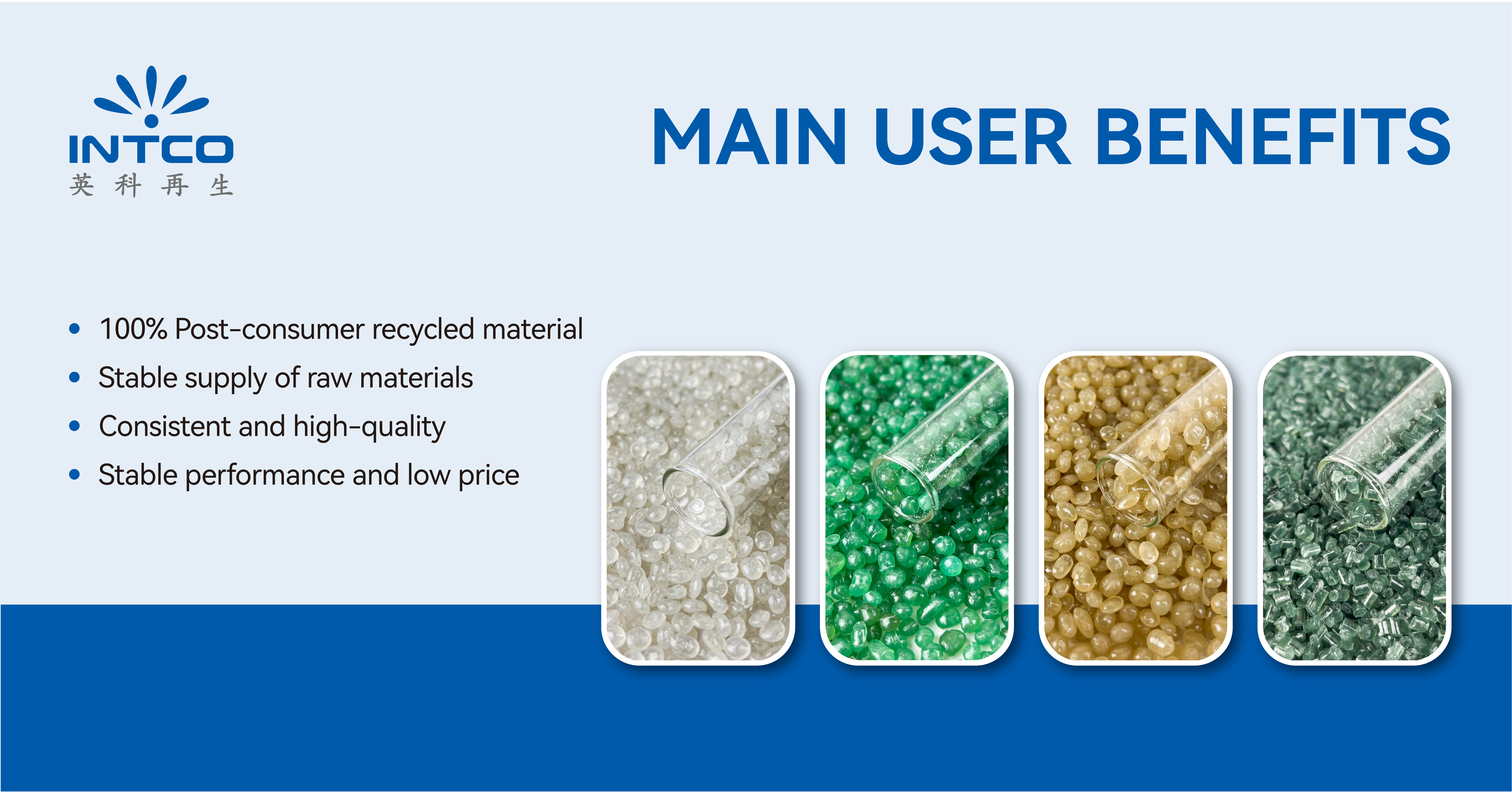As the world increasingly prioritizes sustainability, the use of recycled materials has gained significant traction. Recycled PS pellets, derived from polystyrene waste, offer eco-friendly and cost-effective solutions across various industries. One of the key applications of recycled PS pellets is in the production of insulation boards. This article will explore the economic, environmental, and performance benefits of using recycled PS pellets in insulation boards, highlighting their advantages for manufacturers and consumers alike.
Recycled PS pellets are produced by collecting, cleaning, and reprocessing polystyrene waste. This recycling process reduces the amount of waste sent to landfills and conserves resources by reusing existing materials. The resulting recycled polystyrene (rPS) pellets can be used in various manufacturing processes, providing a sustainable alternative to virgin polystyrene.
Insulation boards are essential in the construction industry for their ability to enhance energy efficiency by providing thermal insulation. rPS pellets play a crucial role in the production of these boards, offering several notable benefits.
Cost Savings: Using recycled PS pellets reduces raw material costs, allowing manufacturers to produce high-quality insulation boards at a lower price. This cost-efficiency can be passed on to consumers, making insulation more affordable.
Resource Efficiency: By utilizing recycled materials, manufacturers can reduce their dependency on virgin polystyrene, which is often more expensive and resource-intensive to produce. This helps stabilize production costs and ensures a more predictable supply chain.
Waste Reduction: Incorporating rPS pellets in insulation board production helps divert polystyrene waste from landfills, reducing environmental pollution. This contributes to a cleaner environment and supports waste management efforts.
Lower Carbon Footprint: The production of recycled PS pellets consumes less energy and emits fewer greenhouse gases compared to the production of virgin polystyrene. This lower carbon footprint makes the entire manufacturing process more sustainable.
Thermal Insulation: Insulation boards made from recycled PS pellets offer excellent thermal insulation properties, helping to maintain consistent indoor temperatures. This enhances energy efficiency and reduces heating and cooling costs for buildings.
Durability: Recycled PS pellets provide the necessary strength and durability required for insulation boards. These boards are resistant to moisture and chemicals, ensuring a long-lasting performance in various environmental conditions.
Versatility: Insulation boards made from recycled PS pellets can be used in a wide range of applications, from residential buildings to commercial and industrial structures. Their versatility makes them a preferred choice for many construction projects.

The use of recycled PS pellets in insulation boards presents numerous economic, environmental, and performance advantages. By reducing raw material costs and environmental impact while maintaining high-quality standards, recycled PS pellets offer a sustainable and efficient solution for insulation board manufacturers. As the construction industry continues to evolve towards greener practices, the adoption of recycled materials like rPS will play a crucial role in creating a more sustainable future. Manufacturers who embrace this innovative approach are well-positioned to lead the way in providing eco-friendly, high-performance insulation solutions.